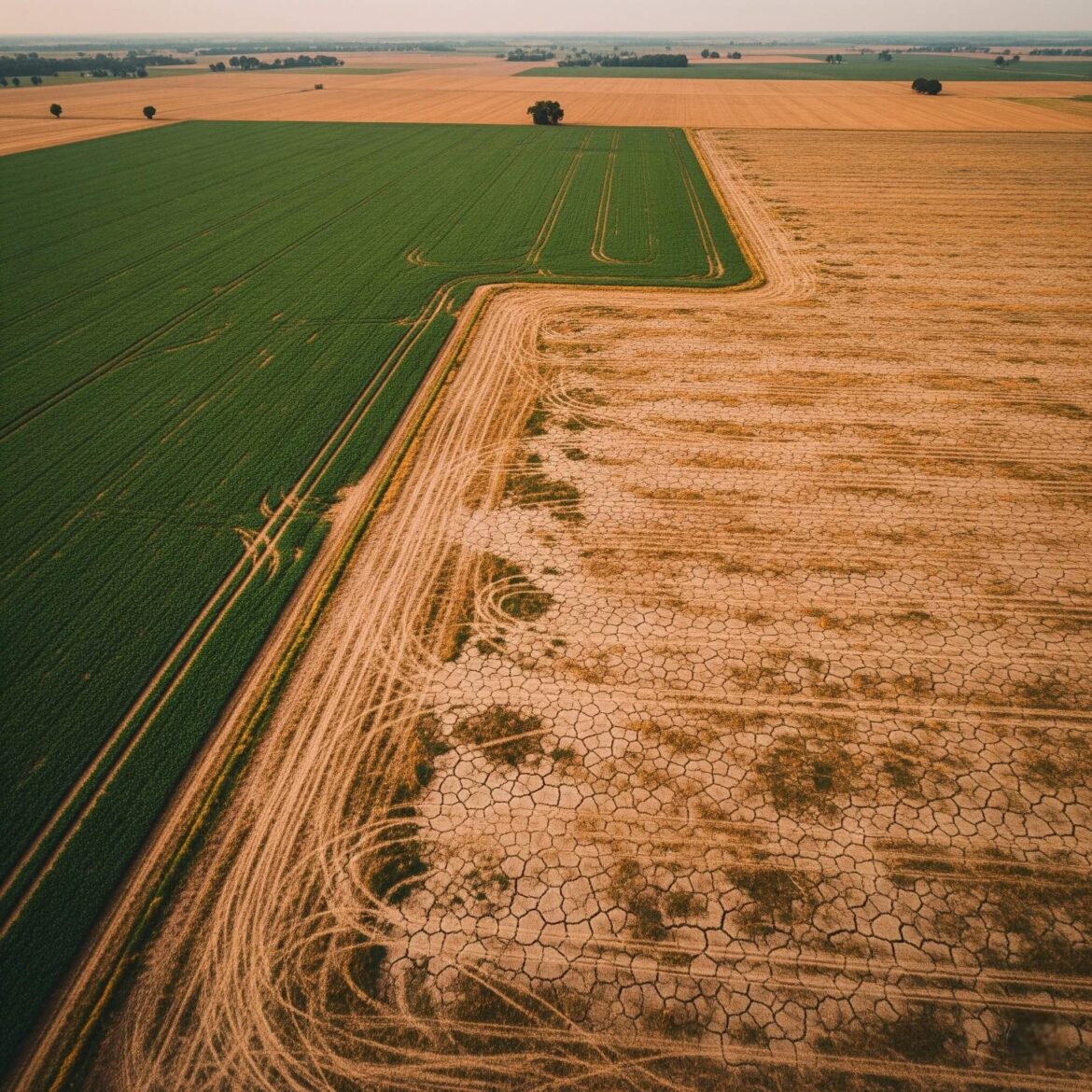A recent survey by the Bangladesh Bureau of Statistics (BBS) has revealed a worrying trend: farmland across Bangladesh has declined by 3.75 percent between 2015 and 2023. This decline, largely driven by rapid urban expansion, poses a serious threat to the country’s agricultural production and long-term food security. The warning comes at a vital time as the nation faces rising demand for food, growing population, and climate-related pressures. Findings shared at a seminar in Dhaka showed that while agricultural land is being lost, natural forest areas have also decreased by 5.41 percent. Planted forests did increase by 27.36 percent during the same timeframe, hinting at some efforts toward reforestation, but experts argue that managed forests cannot fully replace natural ones in preserving soil quality and rural livelihoods. Observers point out that urbanisation alone isn’t solely to blame. Weak enforcement of land-use regulations, illegal conversions of farmland for commercial ventures and infrastructure development, and widespread topsoil loss caused by brick kilns have also eroded vital cultivable land. Over the longer term, shrinking farms will likely affect rice and vegetable production, increasing reliance on imports—an expensive and vulnerable strategy amid global instability. For communities and farmers, the impact is deeply personal. Shrinking plots mean reduced yields and income, making it harder to invest in better seeds, tools, or farming techniques. With nearly 60 percent of the population connected to agriculture, the loss of cultivable land undercuts multiple livelihoods at once. Policymakers and experts are calling for stronger action. They argue that enforcing existing land-use laws, strict monitoring of illegal land conversion, and regulation of brick kilns are urgent priorities. Coordinated planning between urban and rural authorities is also essential to ensure infrastructure growth doesn’t come at the cost of food supply. Creating incentives for farmers to conserve soil, along with training in sustainable land practices, could help preserve remaining farmland. Moreover, embedding farmland protection in regional development plans would guide local authorities to balance growth with food needs. When farmland disappears, so does national resilience. Bangladesh dropped three places in the Global Hunger Index in 2024, ranking 84th among 127 countries. Without decisive action, future generations may face dwindling domestic food supply, higher prices, and heightened vulnerability to climate shocks. Ensuring that farmland remains productive is more than an agricultural goal—it is central to environmental protection and national food policy. Protecting food-producing land safeguards livelihoods, strengthens food independence, and supports rural communities. The BBS survey serves as a timely wake-up call. Unless effective policies are enacted, this trend threatens not only soil and forests but also the nation’s ability to feed itself.
Farmland Shrinks 3.75% in Eight Years, Threatening Food Security
51


